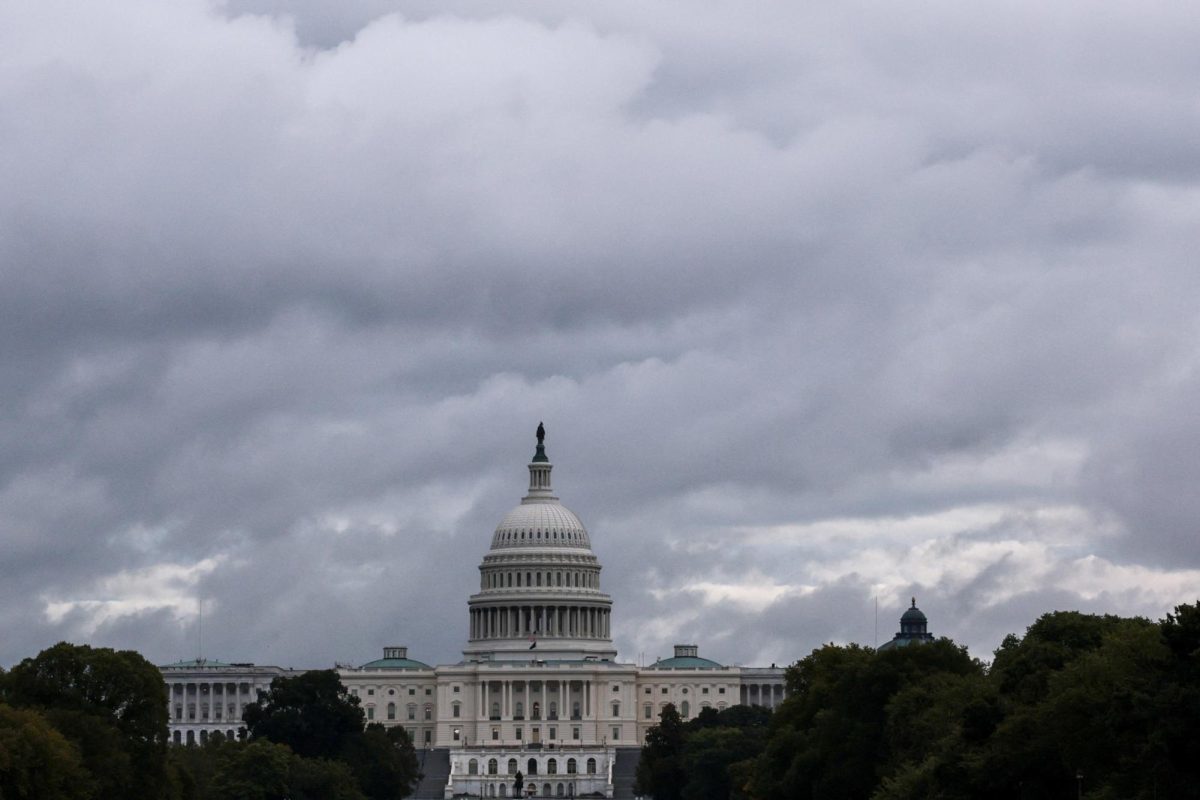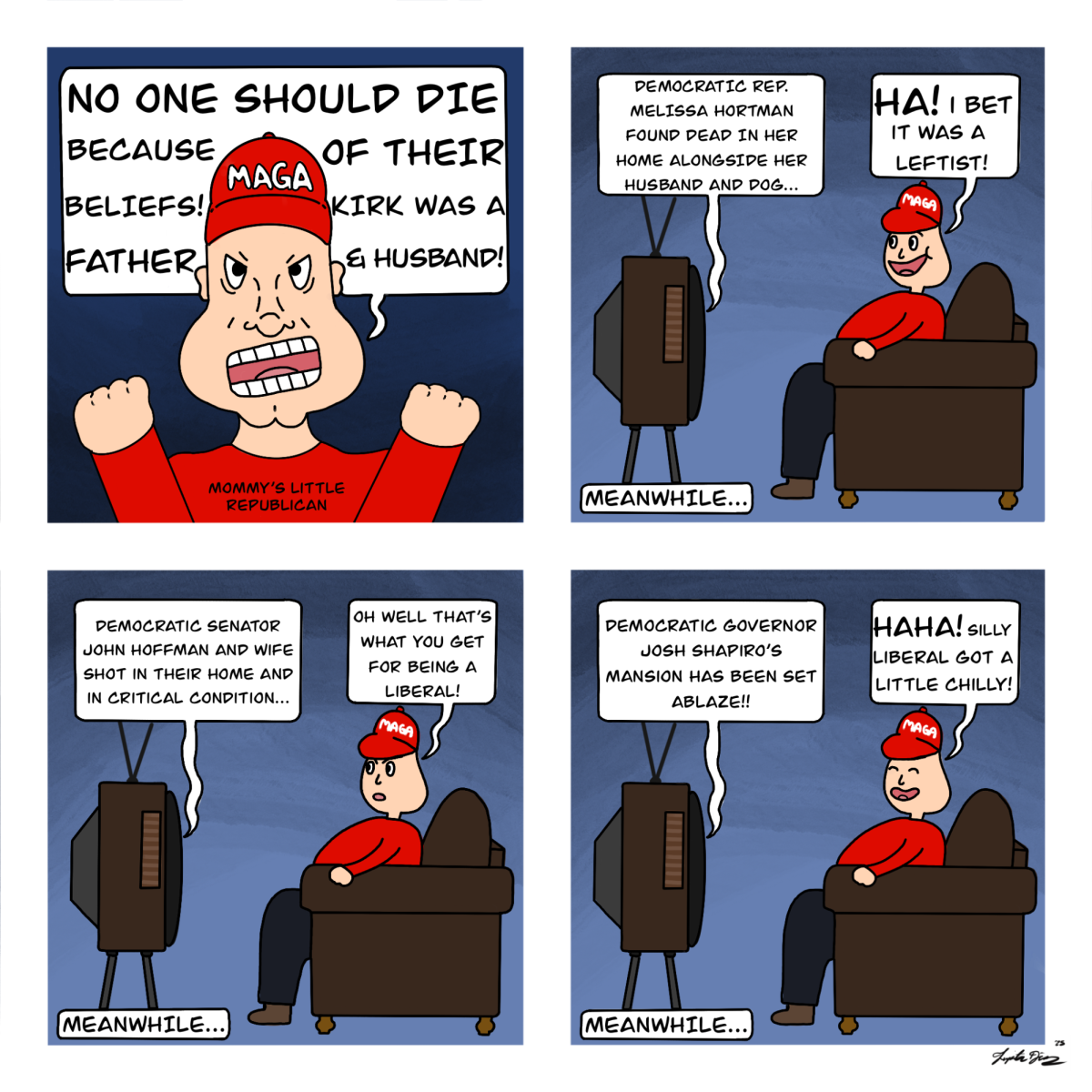The Paris climate agreement, the Joint Comprehensive Plan of Action and the Trans-Pacific Partnership; all of these were agreements the U.S. entered under former President Barack Obama’s administration and withdrew from during President Donald Trump’s first administration. Political tug-of-wars such as this have become increasingly common and will drag the U.S. down if they continue.
After Trump announced his intent for U.S. withdrawal from the Paris climate agreement in 2017, his successor, former President Joe Biden, started the process of rejoining the agreement immediately after his inauguration. When Trump was reelected, he immediately pulled the U.S. out of the Paris climate agreement again.
Trump has altered many other agreements during his second term, such as putting humanitarian aid programs in jeopardy after dismantling USAID and threatening, applying and pausing a variety of tariffs on countries around the world, breaking various free trade agreements. These actions have harmed the credibility of U.S. agreements with countries across the world.
Ches Thurber, an associate professor of political science, said in the past new presidents would respect the policy decisions of their predecessors.
“It used to be the case that a new president from a different political party would respect many of the foreign policy decisions that their predecessor had made, believing it was in the interest of the U.S. to try to be consistent over time. We have not seen that be the case over recent administrations,” Thurber said. “Why would you sign a deal with the U.S. if four years later the U.S. is likely to pull out of that deal or try to renegotiate that deal?”
The unreliability of the U.S. has led to concerns that China will take this opportunity to increase its influence across the world, especially in Africa.
The Bill Clinton-era African Growth and Opportunity Act expired Sept. 30 and has received little federal support for renewal, leaving thousands of African businesses vulnerable to higher U.S. tariffs. At the same time, China has removed nearly all tariffs on African goods, making them a much more appealing trade partner than the U.S.
The effects of an inconsistent and divided U.S. government have not been limited to the international scene. The federal government shut down Oct. 1 as Democrats and Republicans failed to reach an agreement regarding an extension on health care subsidies, with both parties blaming each other and Trump threatening to lay off thousands of federal workers in retaliation.
Moreover, Democrats have also been consistently frustrated by Trump’s stance on issues such as immigration and the mass firing of federal workers. If a Democrat succeeds Trump, it seems unlikely they will choose to continue these policies, but instead reverse them.
The U.S. cannot survive a government that spends each presidency trying to undo the previous four years. Each president that tries to erase the legacy of their predecessor also stunts the U.S.’s progress, allowing rivals to grow stronger and driving away allies.
Americans must learn how to compromise again. Trying to have the government give select groups everything they want while giving everyone else scraps breeds resentment and isolation between the various interest groups that make up the U.S.
A second American Civil War caused by the current polarization of the U.S. does not seem likely in the near future. Stagnation, however, is quickly becoming reality.















